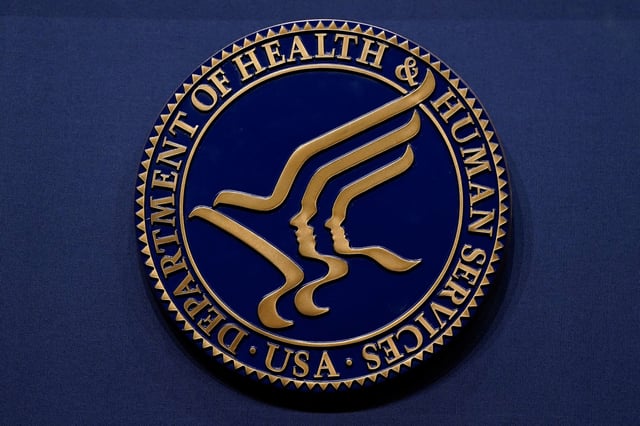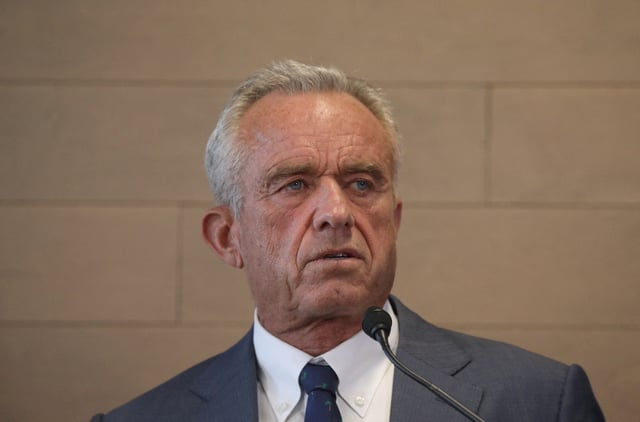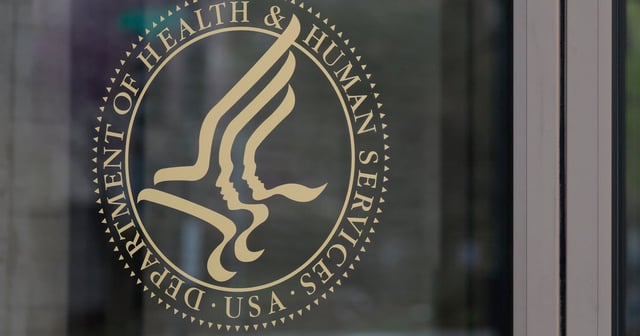Overview
- The U.S. Department of Health and Human Services (HHS) and NIH have announced the Generation Gold Standard initiative, investing $500 million in universal vaccine development.
- The program focuses on a beta-propiolactone (BPL)-inactivated whole-virus platform, moving away from mRNA-based vaccines used during the COVID-19 pandemic.
- Funding for the initiative has been redirected from the Biden-era Project NextGen, raising concerns over the bypassing of standard peer review processes by NIH and BARDA.
- Phase I trials for a universal influenza vaccine are scheduled for 2026, with universal coronavirus vaccine trials also planned that year, aiming for FDA approval by 2029.
- The initiative is fully government-owned and NIH-developed, emphasizing public accountability and transparency in vaccine research and development.



